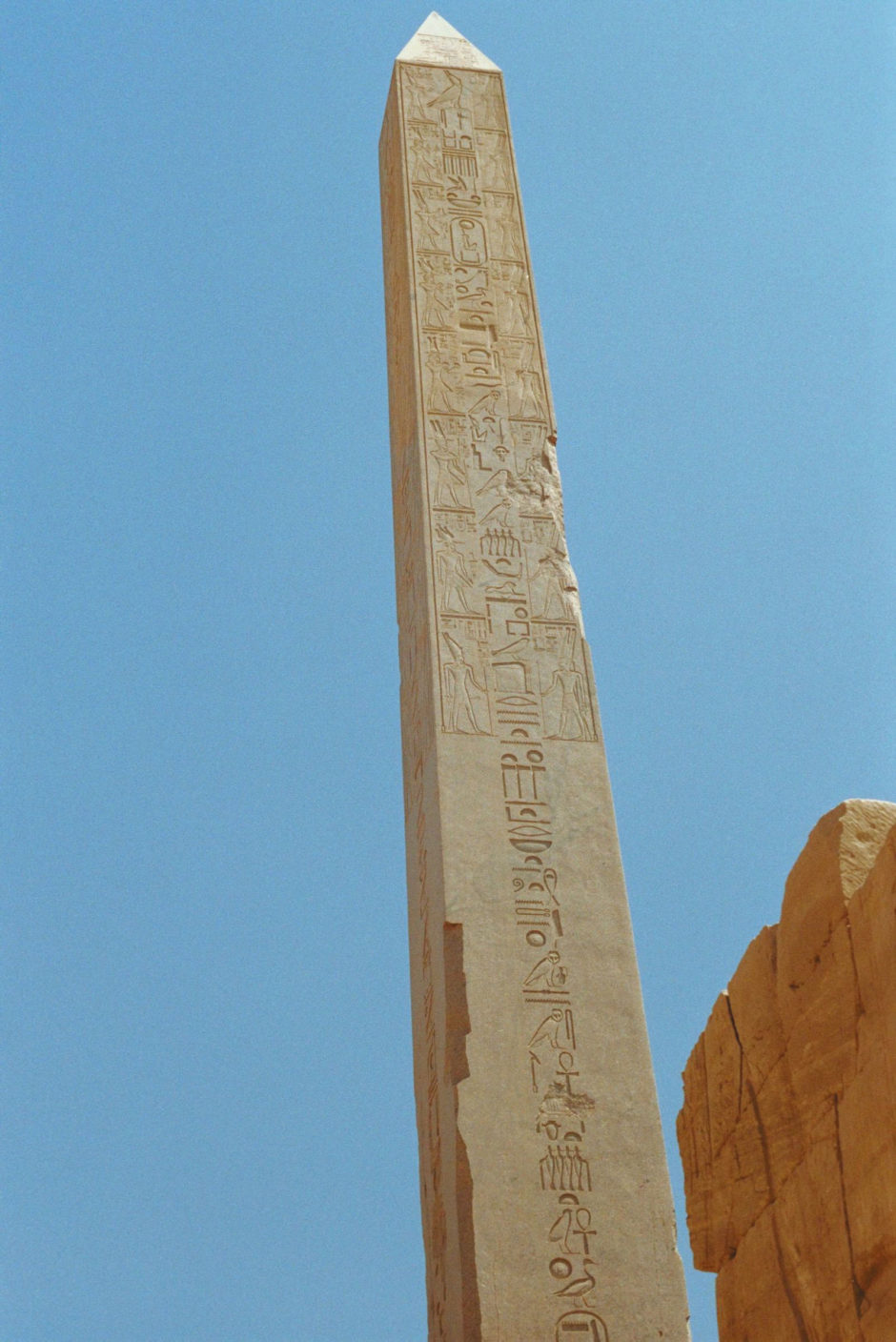As human beings, we know that we are mortal, and one day will die. This is why so many people are concerned with the legacy they leave.
That legacy may be money or possessions, which can be left for the benefit of surviving family members, to improve their circumstances. Many charities and good causes depend very much on legacies from their supporters. You can see appeals from many organisations, asking us to leave them money if we can.

For many, the legacy they care about is more about leaving an imprint on history. When an artist or a musician dies, then their body of work is what they are remembered by. On a more spiritual note, many quotations remind us how important it is to leave the world a better place than we found it – perhaps by small acts of kindness. This is a very decent attitude.
Pride
There have always been more selfish legacies. Powerful men and women have often sought to leave their mark through magnificent buildings. We can visit pyramids in several parts of the world which celebrate dead rulers. Cities like London and Rome have obelisks taken from Egypt, commemorating Cleopatra and other ancient monarchs. If you visit the Taj Mahal or Franco’s mausoleum near Madrid, then the same applies. And almost every city in the world has a statue or similar memorial to a local hero.
The poet Percy Bysshe Shelley wrote the ironic poem ‘Ozymandias’ on exactly this subject. A traveller through the desert saw the remains of a huge but broken statue, with little left but the inscription: My name is Ozymandias, King of Kings; Look on my Works, ye Mighty, and despair!
The Bible also records how people have always attempted to make their family’s name live on after them. Cain was son of the first two people, Adam and Eve.
Cain knew his wife, and she conceived and bore Enoch. And he built a city, and called the name of the city after the name of his son— Enoch (Genesis 4:17).
Real Posterity
The writer of Psalm 49 identified the problem here, which starts with the assumption many make, that their material goods can help them ‘in the long run’:
Those who trust in their wealth and boast in the multitude of their riches, none of them can by any means redeem his brother… (Psalm 49:6–7).
He continued, explaining this desire to leave a mark on history – and ultimately how futile it is
. …Their inner thought is that their houses will last forever, their dwelling places to all generations; they call their lands after their own names. Nevertheless man, though in honour, does not remain; he is like the beasts that perish (v11–12).
The statement is pretty bleak, but very clear. When we die, we cease to exist and eventually we will be forgotten. Thankfully, the Psalmist then strikes a positive note:
But God will redeem my soul from the power of the grave, for He shall receive me (v15).
God has power over life and death, and He neither dies nor forgets. He is going to set up a kingdom here on earth, where men and women can live for ever with Him. He will send Jesus back to the earth to raise the dead and judge who should be in that kingdom, and He has promised not to forget those who try to please Him.
Then those who feared the Lord spoke to one another, and the Lord listened and heard them; so a book of remembrance was written before Him for those who fear the Lord and who meditate on His name. “They shall be Mine,” says the Lord of hosts, “On the day that I make them My jewels. And I will spare them as a man spares his own son who serves him” (Malachi 3:16–17).
Creating a Legacy with God
Jesus had a conversation with a very wealthy man who came to him. The man’s question was simple but profound:
Good Teacher, what shall I do that I may inherit eternal life? (Mark 10:17)
Jesus told him that it started with obeying God, quoting some of the Ten Commandments. The man said he had obeyed them since he was young. Though no one is perfect, his efforts and intentions must have been good, because we read:
Then Jesus, looking at him, loved him, and said to him, “One thing you lack: Go your way, sell whatever you have and give to the poor, and you will have treasure in heaven; and come, take up the cross, and follow me” (v21).
Sadly, the man found it too hard to let go of his many possessions. But we have here the clear teaching of Jesus. If we want to be remembered by God, then it starts with loving and obeying Him, and then loving and helping our fellow men and women. And the guide to making this legacy is there for us all to follow – the Bible.


